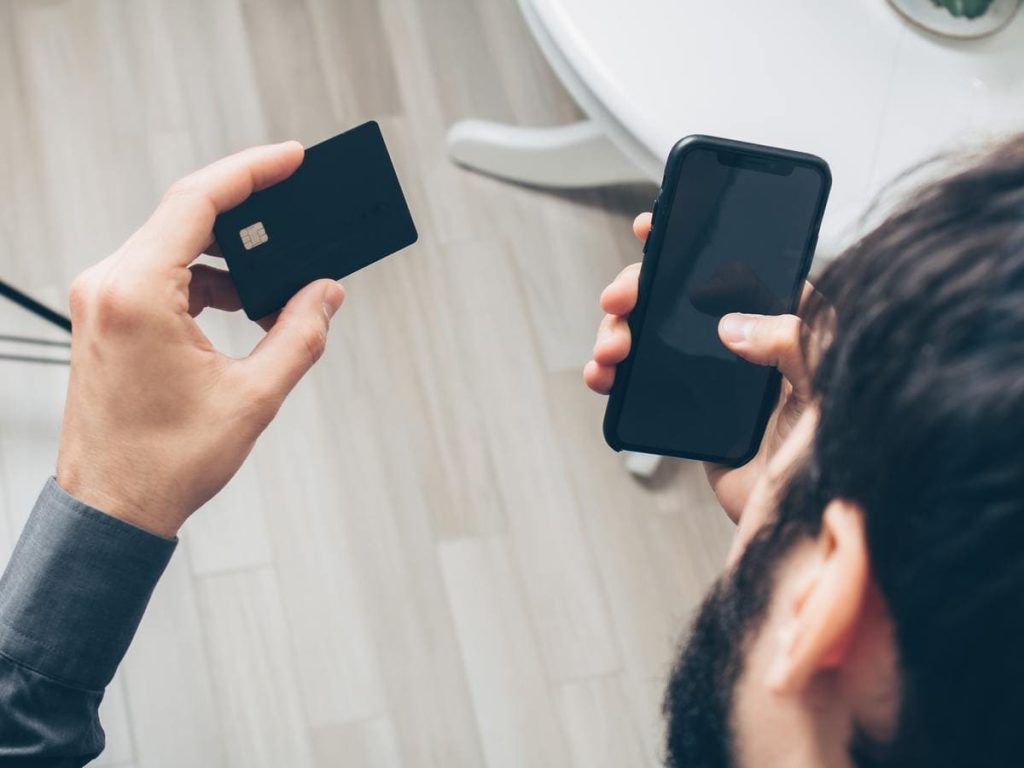Due to long-term hospitalization, a trip abroad or a loss of autonomy, anyone may one day be required to give power of attorney. But beware, the choice of agent should not be made lightly. It must be a trusted person chosen carefully from your close entourage (family member, friend, family doctor, etc.). Thus, this person can carry out day-to-day banking operations for you, without you having to go to a branch. But, know that you remain in control of your bank account. And that it is quite possible to cancel a power of attorney on a bank account at any time. Thanks to this article, discover the formalities to proceed with the cancellation of the operation. We also provide you with a standard letter to send your power of attorney cancellation request to your bank advisor.
Summary
What is a bank power of attorney?
We call bank power of attorney or mandate the operation which consists in allowing a third party to operate your account. This person is then appointed proxy. And you are the principal. Note that the formalities of the bank power of attorney must be carried out in writing.
After bank power of attorney, the agent can make withdrawals or deposits of money on the principal’s account. Nevertheless, the latter remains responsible for the operations carried out, even if the agent does not respect his wishes. For example, in the event of an overdraft on your bank account, the principal is held liable.
Generally, the person appointed as proxy is a family member. But it can also be another trusted person such as a friend or the family doctor. And the principal can also give power of attorney to several people.
Please note that a bank power of attorney should not be confused with guardianship or curatorship. Indeed, in the case of a power of attorney, the mandate proves to be completely autonomous and it retains its rights to its income and accounts.
What is a bank power of attorney used for? Possible scenarios
If you are wondering why a bank power of attorney can be used, be aware that there is no exhaustive list. There are a number of diverse and varied reasons that may explain the use of this approach.
As soon as you are no longer likely to intervene in your accounts yourself, you can appoint a trusted person to act as proxy.
However, there are fairly common scenarios:
- long-term hospitalization;
- trip abroad ;
- anticipation of a loss of autonomy…
In any case, your bank adviser will not ask you for the reason for your power of attorney on a bank account. Indeed, this approach is not to motivate. And besides, you have every right to continue using your bank account as usual, even after having a power of attorney established.
What powers are granted to the agent and how can they be limited?
The bank power of attorney delivers a certain number of powers to the agent. However, before establishing the document, it is advisable to choose the extent of its field of action. Indeed, there are two types of power of attorney: the general and the limited.
When subscribing to a general power of attorney, you can change or terminate products and services. Your representative can thus carry out withdrawals, transfers, deposits, issuing checks or placing stock market orders.
And in the event of a limited power of attorney, you determine the type of operation carried out by your trusted person: use of your checkbook, transfer, payment with your credit card, etc. You also have the right to set a maximum amount.
In any case, it is in your best interest to think carefully about the terms of your bank power of attorney before signing it, even if it can stop at any time.
When does a bank power of attorney stop?
A power of attorney to the bank can end at any time, without a deadline. It suffices for this that the agent or the principal makes the request in writing via a registered letter with AR. You don’t even have to tell the agent about your decision, although that is preferable.
There are also fixed-term, non-renewable powers of attorney. In this case, the procedure ceases at the end of the planned duration.
Finally, when the principal or agent dies, the bank power of attorney ends automatically.
How do I cancel a bank power of attorney for an account?
The first thing to know is that you have every right to cancel your bank power of attorney at any time. Indeed, you can reconsider your decision without time constraint. Moreover, the agent can also request the cancellation of the bank power of attorney at any time.
To cancel a bank power of attorney for an account, you must contact your bank advisor. Submit your wish to terminate a bank power of attorney on your account. Your adviser will then ask you to provide him with a registered letter with acknowledgment of receipt. In your letter, mention your surname and first name as well as the identity of your representative. Do not forget to indicate the account(s) concerned by the bank power of attorney.
Sample letter for cancellation of bank power of attorney
Here is a model letter to provide to your bank advisor to cancel a power of attorney on a bank account.
Last name First Name
Postal address
Phone number
To the attention of,
Advisor’s name
Bank address
date, place,
Subject: request for cancellation of a bank power of attorney
(registered letter with acknowledgment of receipt)
Miss or Mister,
I have granted (identity of agent) power of attorney over my account (account number). By this letter, I wish to put an end to the procedure, as of today.
Thank you for requesting from (identity of agent) the means of payment in his possession.
Please accept, Madam or Sir, my sincere greetings.
Signature
Precautions to be taken in the event of a bank power of attorney or mandate
Before having to cancel a bank power of attorney, certain precautions should be taken:
- never give power of attorney to someone you have known for a short time. By granting a mandate to anyone, you risk finding yourself in a delicate situation (risk of filing at the Banque de France, for example);
- it is also better to give power of attorney to a single person so as not to complicate the management of your bank account;
- if possible, choose the limited bank power of attorney instead and set a maximum amount;
- finally, check the transactions carried out on your account on a regular basis, using your personal online space or by calling your advisor.




